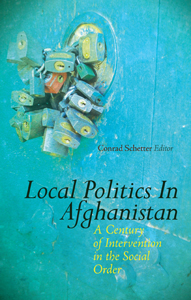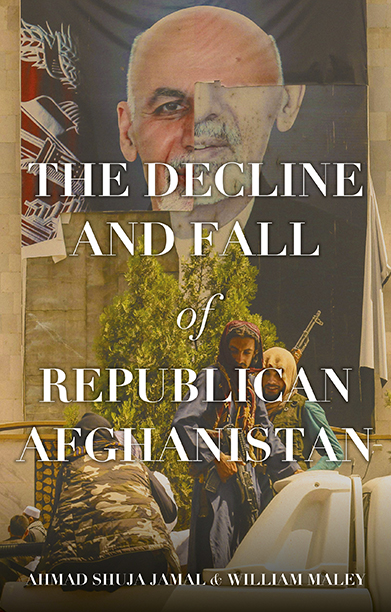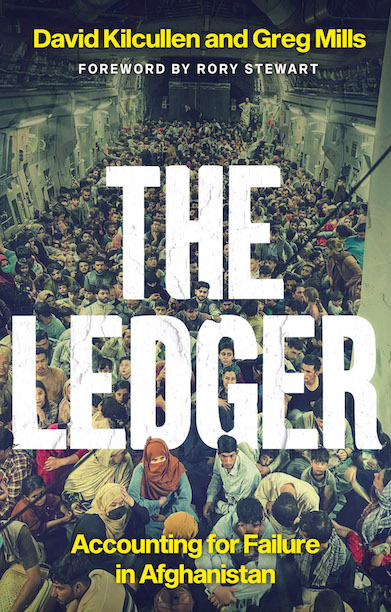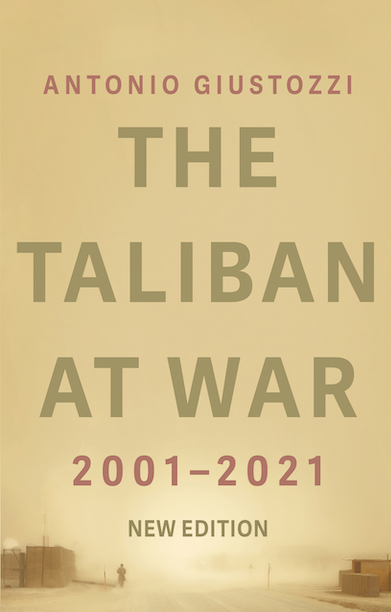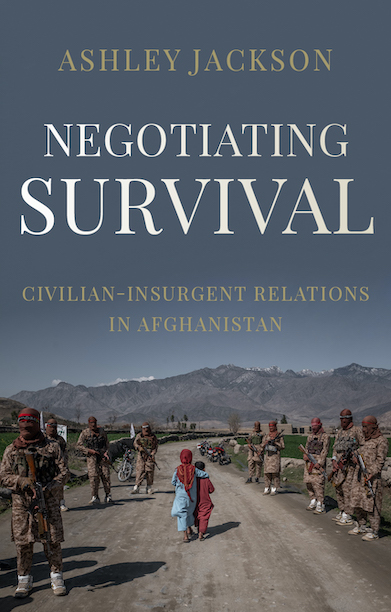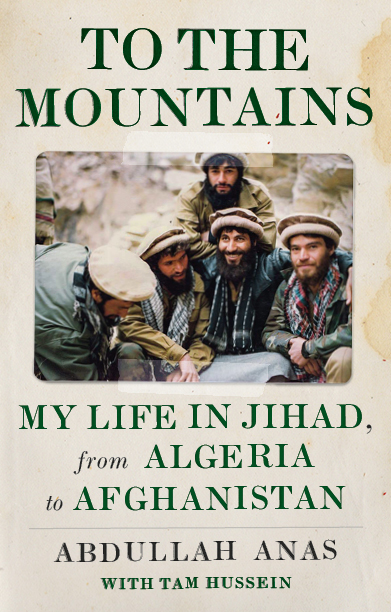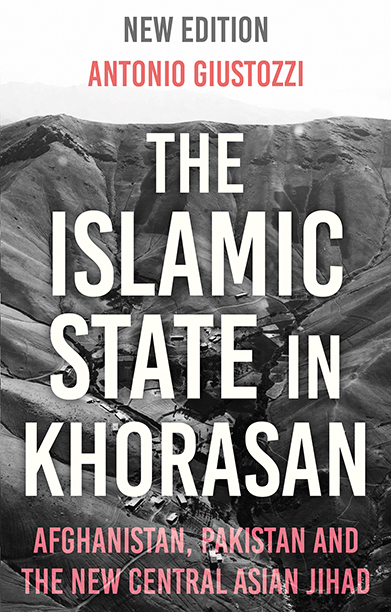Local Politics in Afghanistan
A Century of Intervention in the Social Order
‘All politics is local politics’ is an adage which is perhaps more relevant in Afghanistan than many other countries and accounts for the failure of its overcentralised state.
Description
Afghanistan’s people have contended with an almost continuous series of foreign interventions in their local affairs in the nineteenth and twentieth centuries. Not only have external powers such as British India, the Soviet Union, Pakistan and NATO meddled egregiously in local affairs, but so have Afghan governments, including monarchical, Communist, Islamist and ostensibly democratic ones. While the robust resilience of the Afghan population in the face of external influence is widely recognised, how the local populations have concretely dealt with these interventions and how local politics is structured in Afghanistan still remain somewhat open questions. This volume sheds light on this phenomenon as well as illuminating the complexities of local politics in Afghanistan, analysing also how the local social order is disturbed or reinforced by outside intervention. It also advances our understanding of Afghan society by presenting local politics in a way that frees it from the false binary of romanticisation and demonisation. A central theme is understanding how rational objectives play out in local politics and are guided by social factors such as trust, solidarity, reciprocity and patronage. The book also explores the role jirgas and shuras have played in negotiating between the local and external interventionists.
Table of contents
List of Contributors
List of Figures
List of Acronyms
Glossary
Map of Afghanistan
Foreword — Conrad Schetter
1. Introduction — Conrad Schetter
PART I: THE STATE AND THE LOCAL IN HISTORICAL PERSPECTIVE
2. Centre–Periphery Relations in Afghanistan — Nazif Shahrani
3. Jirga, Shura and Community Development Councils: Village Institutions and State Interference — Christine Noelle-Karimi
4. The Consistency of Patronage: Networks and Powerbrokers of the ‘Arzbegi Clan’ in Kunduz — Andreas Wilde
5. Local Politics and the Taliban — Antonio Giustozzi
PART II: ‘THICK DESCRIPTIONS’ OF LOCAL POLITICS
6. Reputation, Violence and Buzkashi — Whitney Azoy
7. The State, Intermediaries and ‘Licit’ Corruption: Local Politics in Northern Afghanistan in the Sixties and Seventies — Micheline Centlivres-Demont and Pierre Centlivres
8. Continuities and Changes in Local Politics in Northern Afghanistan — Thomas Barfield
PART III: RATIONALITIES OF LOCAL ACTORS
9. Trust, Friendship and Transversal Ties of Cooperation Among Afghans — Alessandro Monsutti
10. Perspectives, Aspirations and Constraints: How to do Politics in Off-Centre Afghanistan — Ingeborg Baldauf
11. Reciprocity and Participation: Microcredit and Informal Credits in Rural Afghanistan — Erna Andersen
12. Flows of Suspicion: Corruption and Kinship in Kabul — Anila Daulatzai
PART IV: REBUILDING AFGHANISTAN? CURRENT FIGURATIONS OF THE LOCAL
13. Drugs and (Dis)order: Opium Economy, Political Settlements and State-Building in Afghanistan — Jonathan Goodhand and David Mansfield
14. Perspectives of Local Violence: Revenge, Mediation and Conflict Resolution — Arne Strand
15. Constructing the Image of a State: Local Realities and International Intervention in North-East Afghanistan — Katja Mielke
16. Afterword: Trajectories of Local Politics in Afghanistan — Conrad Schetter
Index
Reviews
‘Local Politics in Afghanistan should do for the micro-study of Afghanistan what Decoding the New Taliban did for Taliban studies. Schetter’s edited volume is an engaging set of essays on the dynamics of the local level of activity and how this intersects with other agendas — whether imposed from outside by foreigners/internationals or from the Afghan government itself.’ –– Alex Strick van Linschoten, co-editor of My Life With the Taliban and Poetry of the Taliban
‘Conrad Schetter has brought together a set of valuable, in-depth studies of local-level society and politics in Afghanistan, some written by anthropologists who revisited their field sites after decades of wars and upheaval. This book demonstrates the enormous complexity and variety of local conditions and, by implication, reveals the element of hubris that framed the US-led engagement after 2001.’ — Astri Suhrke, Chr. Michelsen Institute, author of When More is Less: The International Project in Afghanistan
‘So much attention has been paid to the building of a central state in Afghanistan since 2001 that Afghanistan’s fascinating local politics, which touch far more directly on the lives of ordinary people, have received less attention than they deserve. Conrad Schetter’s new collection, drawing together the cream of specialists on Afghanistan, fills this gap perfectly. It is essential reading for everyone concerned about where Afghanistan is heading.’ — William Maley, Australian National University, author of Rescuing Afghanistan
‘[Local Politics in Afghanistan] contains around fifteen essays … these contributions shed a new light on the effects of development projects on rural society, with the following saddening observation: the majority of the rural population remains excluded from political participation and the process of socio-economic change. Rather than attenuating them, foreign interventions have reinforced pre-existing social hierarchies and inequalities. This book of high scientific quality renders the Afghanistan “of below” more intelligible, and departs from common analyses solely offering a geopolitical perspective.’ — Pierre Centlivres, Afghanistan Info
Editor(s)
Conrad Schetter is Research Fellow at the Center for Development Research (ZEF) of the University of Bonn. He is also coordinator of the “Crossroads Asia. Conflict, Migration, Development” research network. His publications focus on local structures of power and violence, the politics of intervention, as well as collective identities. His main regional focus is Afghanistan, Pakistan and Central Asia.
